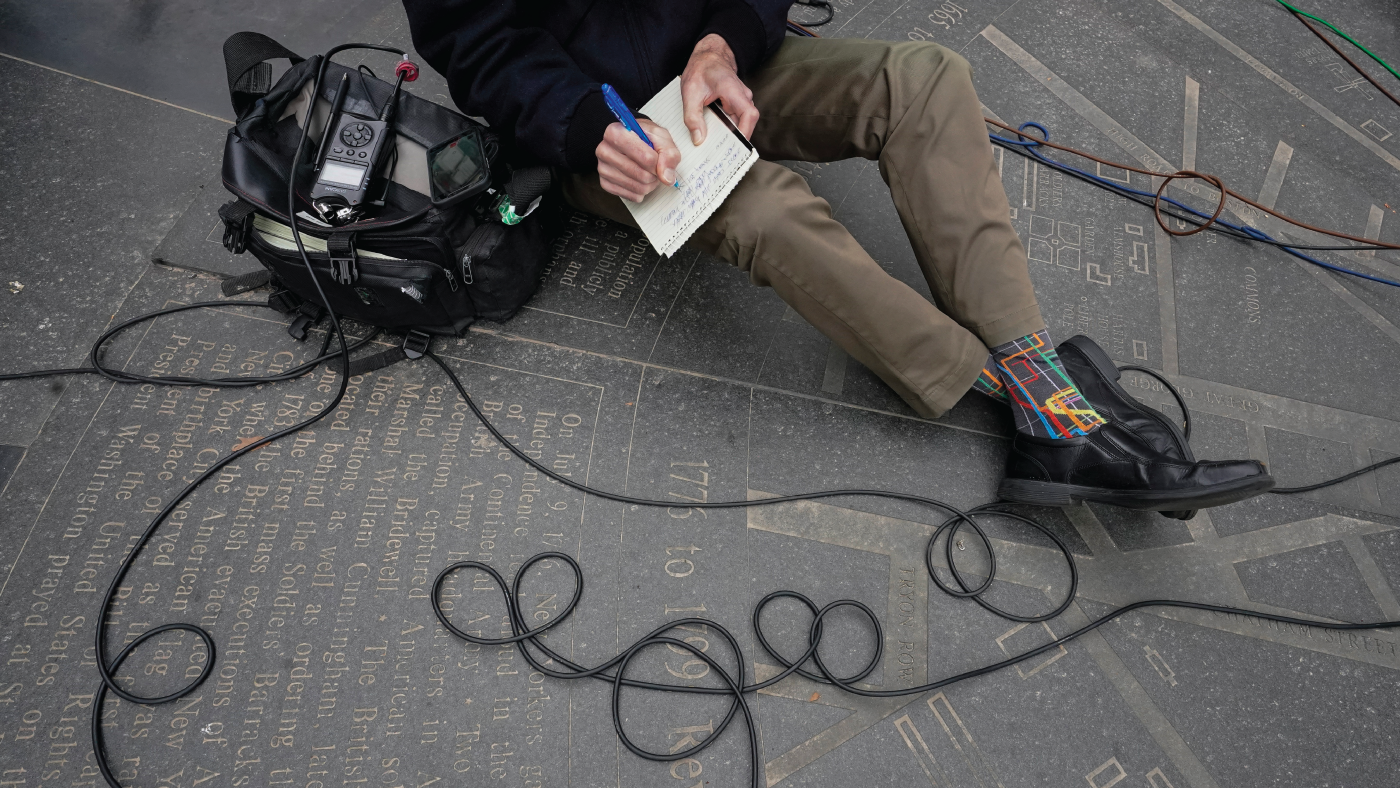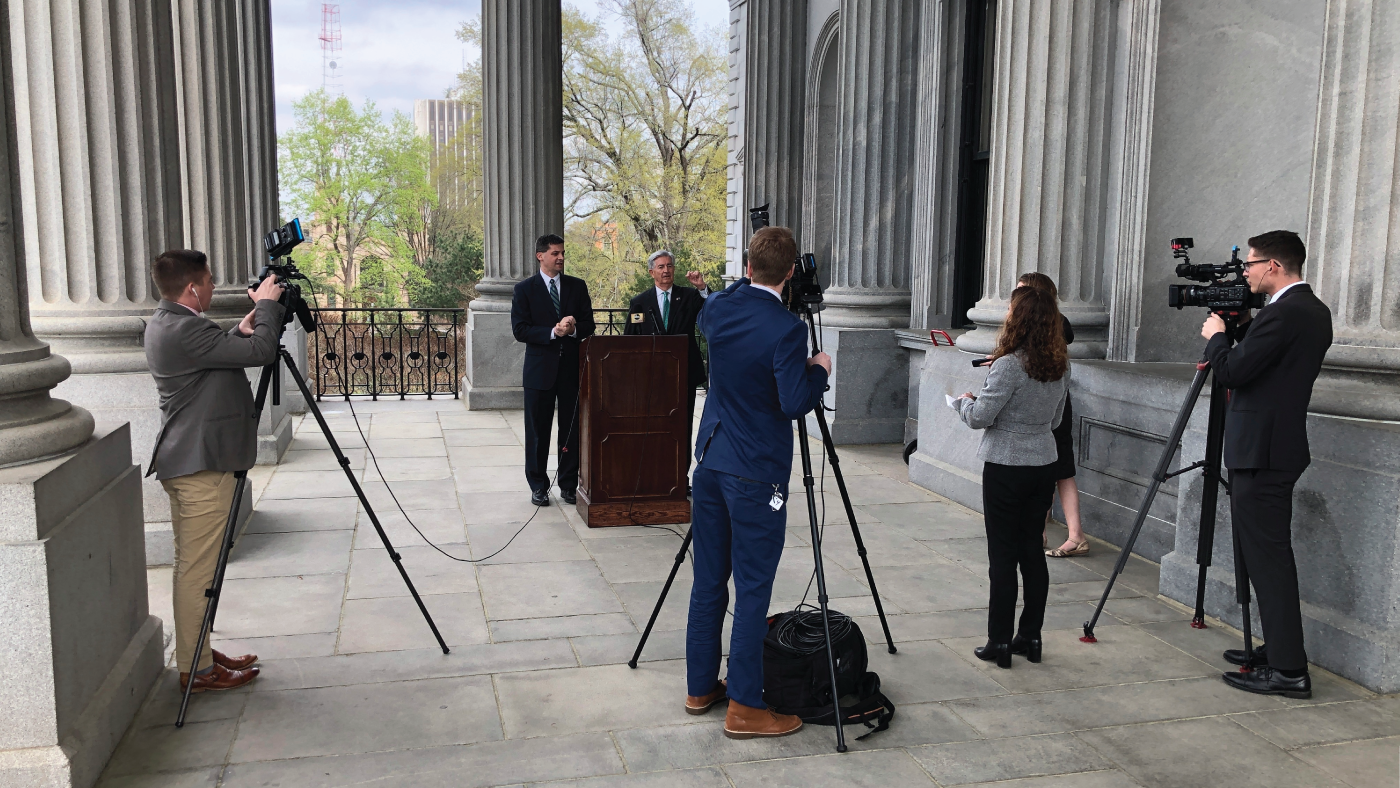Who Do You Trust for War News?
Four years into the Iraq war, most Americans say they have little or no confidence in the information they receive -- from either the military or the media -- about how things are going on the ground.
Four years into the Iraq war, most Americans say they have little or no confidence in the information they receive -- from either the military or the media -- about how things are going on the ground.
How did the sad saga of the Playmate/heiress become one of the biggest stories in America in the 23 days from her death to her burial? A PEJ report on the media’s role in the Smith episode finds that the coverage wasn’t as widespread as you might think. Still, some outlets couldn’t seem to get enough of the tabloid tale.
U.S. tensions with Teheran have been bubbling for some time now, but it took a conflict with another country to put Iran atop the media map. In the same week, the news didn’t get any better for Attorney Gonzales and the Iraq debate was marked by a crucial Senate vote.
Summary of Findings Public interest in the Iraq war remained high last week as the country marked the fourth anniversary of the conflict, and the House of Representatives passed a controversial war funding bill. At the same time the fallout from the firing of eight U.S. attorneys by the Justice Department failed to gain much […]
Two major news stories, the fired U.S. attorneys story and the argument over Iraq policy, dominated the airwaves on cable and radio talk shows last week. But a look at how the talkhosts operate suggests that it can be passion and personality, rather than the issue itself that often drives the discussion.
Summary of Findings A solid majority of Americans say they want their congressional representative to support a bill calling for a withdrawal of U.S. forces from Iraq by August 2008. Nearly six-in-ten (59%) say they would like to see their representative vote for such legislation, compared with just 33% who want their representative to oppose […]
It took some time to develop, but the growing controversy over the firing of a group of U.S. Attorneys is dominating the media’s attention these days and turning the episode into one of the biggest stories of the year. The big question that remains is how much the general public cares.
Two Washington-centric topics that left plenty of room for disagreement and debate dominated the cable and radio talk shows last week. But a PEJ examination of the talk landscape reveals that in some cases, the hosts’ own values and preferences determine what news is fit to argue about.
Summary of Findings The controversy over the firing of eight U.S. attorneys is not attracting strong public interest in spite of intense media coverage of the story. In fact, the story evokes a typical response from the public when compared with news interest in past Washington scandals. Amid calls for Attorney General Alberto Gonzales’ resignation, […]
by Robert Ruby and Timothy Samuel Shah, Pew Forum on Religion & Public Life March 21, 2007 If Nigeria’s presidential election takes place as scheduled on April 21, it will mark the first transfer of power from one elected civilian president to another in the country considered the key to stability for all of West […]
A survey of U.S.-based journalists finds 77% would choose their career all over again, though 57% are highly concerned about future restrictions on press freedom.
Digital news has become an important part of Americans’ news media diets, with social media playing a crucial role in news consumption.
In recent years, several new options have emerged in the social media universe, many of which explicitly present themselves as alternatives to more established social media platforms.
The total number of journalists assigned to state capitol buildings is up 11% since 2014, though figures vary widely by state.



